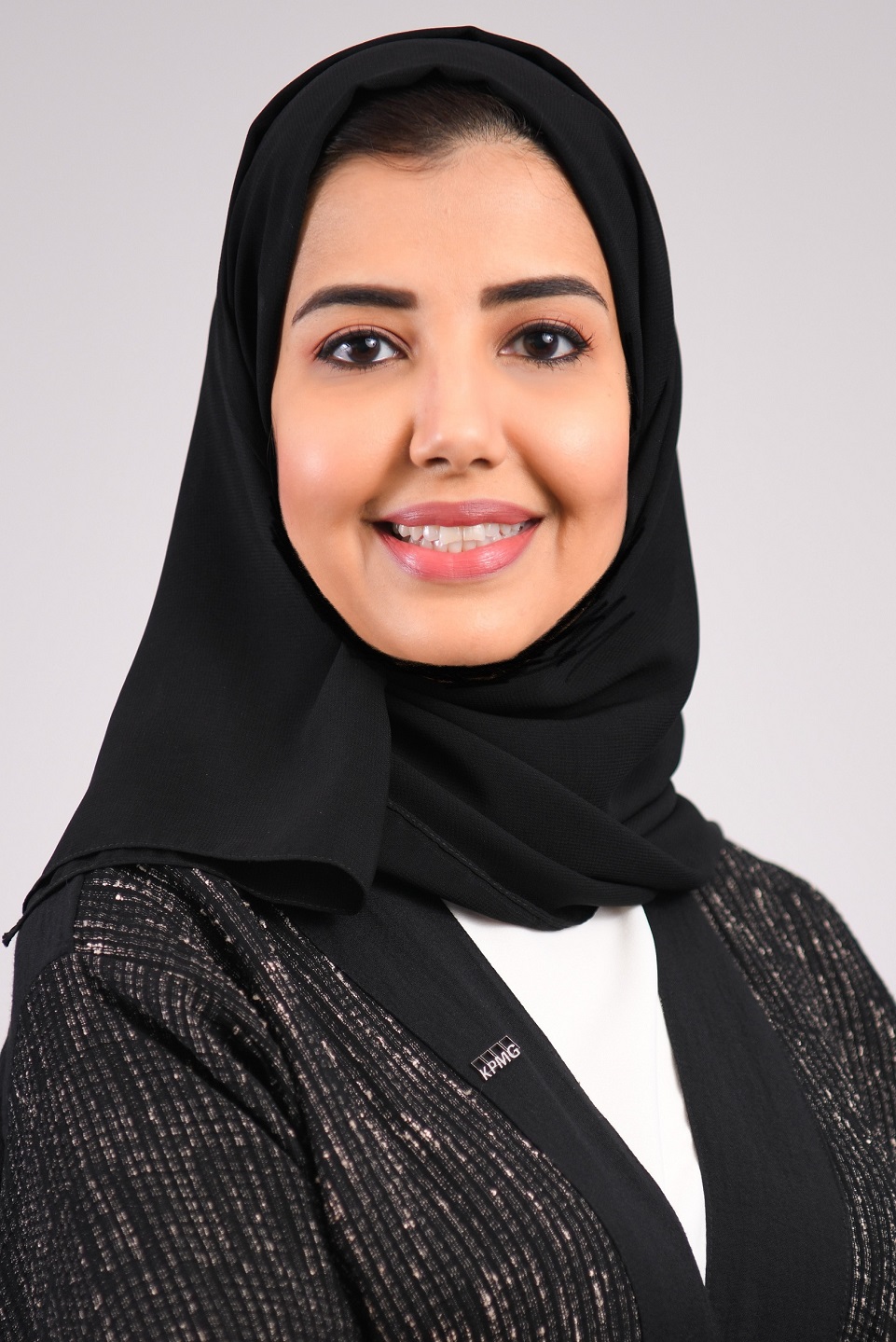News Highlights:
- International Women’s Day
- Survey covered 675 female leaders from 52 countries
- 47% of Saudi female leaders do not expect Covid-19 to slow down progress on diversity and inclusion
- 92% of global and 80% of Saudi female leaders say we are still a long way from gender diverse boards and management teams
DUBAI, RIYADH – : KPMG’s Female Leaders Outlook 2020 is being published in Saudi Arabia for the first time. The survey, conducted in 2020, covers 675 female leaders from 52 countries, including 25 from Saudi Arabia.
The initial results of the survey were released in October 2020 at the Women 20 Summit (W20) — the official G20 engagement group on women which took place in Saudi Arabia. The W20 communique that was produced in Saudi Arabia had two main focuses: gender-centric measures to speed up the economic recovery and measures for the long-term economic empowerment of women. The KPMG report delves into corporate gender equality and inclusive leadership – also underpinned by the W20 communique.
The report takes additional insights from interviews with senior female executives in the Kingdom holding leadership roles in banking, family business and other sectors.
Kholoud Mousa, Partner & Head of Inclusion and Diversity, KPMG in Saudi Arabia commented: “The Female Leaders Outlook survey offers compelling insights into how women in leadership positions view the competitive business landscape today. Our research shows that female leaders generally are very well positioned with strong emotional intelligence, excellent communication skills and a focus on sustainable growth and living.”
“COVID-19 is an accelerator for digitalization and has ignited change in many areas; therefore, it could be seen as a catalyst for gender diversity, especially in the mid- to long-term,” she stated.
Indeed, 47% of Saudi female leaders do not expect Covid-19 to slow down progress on diversity and inclusion though one third are still not sure about the pandemic’s impact on progress.
In the survey, female leaders cited several key steps that can be taken to turn Covid-19 crisis into opportunity for women. Using remote work as a way to bring more women into the work force was a key area of opportunity, and 23% of Saudi female leaders (double the global figure) saw quotas for female leadership as a factor for future success.
Looking broadly at the economy, the KPMG survey found 66% of female leaders in Saudi Arabia and more than half (58%) of global respondents remain confident or very confident about their companies’ growth prospects over the next three years.
A significant majority of global female leaders (79%) and female leaders in Saudi Arabia (81%) stated that their company’s digital transformation projects have been accelerated during the Covid-19 crisis.
“New technology and innovation will be the driver for growth. Hence, it is a good time for female leaders to become involved and shape the future”, Mousa noted.
Notably, 73% of the respondents believe that females are likely to be their successor in the Kingdom, versus 53% internationally. This fact indicates a positive future for gender equality in the Saudi workforce and will go a long way in fending off some of the headwinds gender equality is facing as a result of the Covid-19 crisis.
“Looking ahead, the survey shows that Saudi female leaders have clearly defined objectives for their companies and are keenly aware of the present and future challenges.” Mousa concluded.

